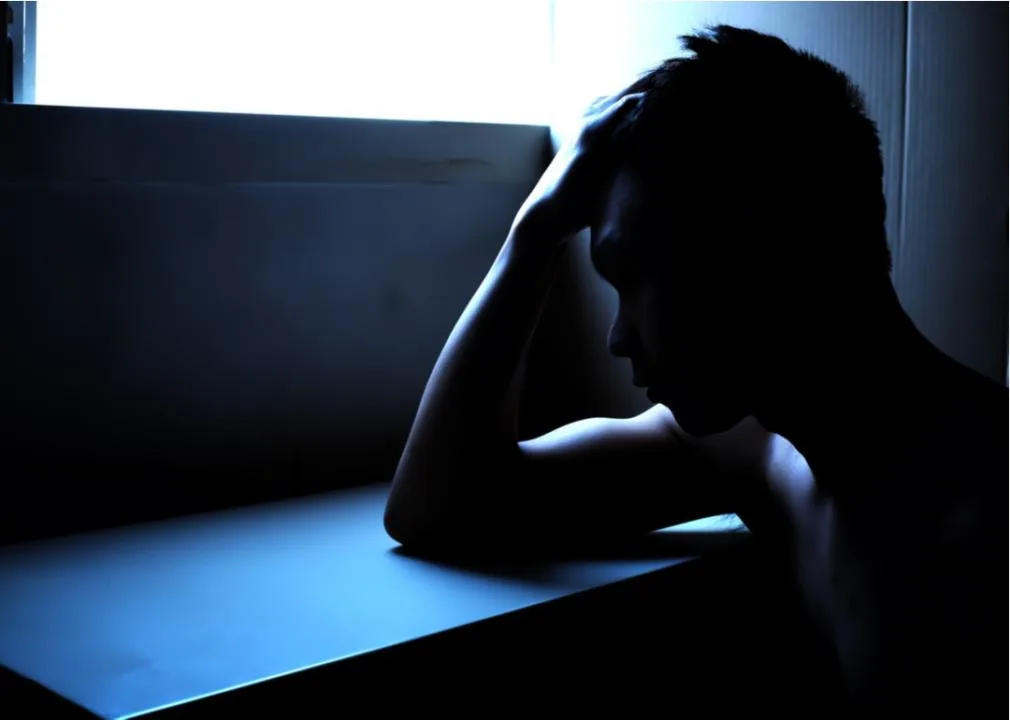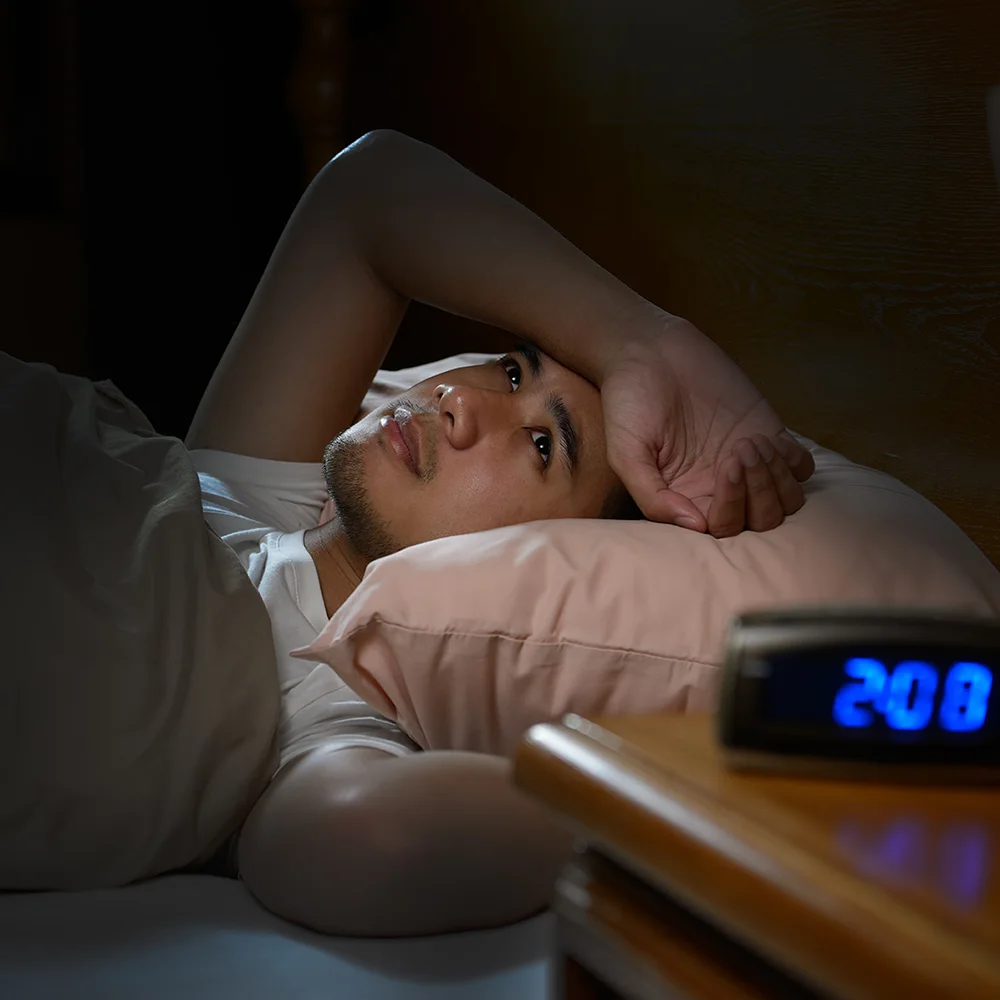Here's what we'll cover
Here's what we'll cover
Cortisol is a chemical in the body that is frequently called the "stress hormone." When you are under stress, your pituitary gland (which is at the base of the brain) secretes a substance called adrenocorticotropic hormone (ACTH). ACTH, in turn, triggers the release of cortisol from the adrenal glands (which are on top of the kidneys). This extra release of cortisol begins what is commonly called the "fight or flight" response. Cortisol also raises blood sugar and blood pressure, causes weight gain, and affects your mood.
Cortisol blockers
Medications that stop the production or block the binding of cortisol to its receptor are sometimes referred to as cortisol blockers. These prescription drugs may be useful in the treatment of Cushing syndrome, a condition in which the body makes too much cortisol. Examples of cortisol blockers include mifepristone and pasireotide, which are FDA-approved for the treatment of Cushing syndrome.
When cortisol levels are too high for too long, it can increase the risk of other medical conditions like diabetes, heart disease, and high blood pressure. Lowering cortisol levels might contribute to a happier and healthier lifestyle for some people. But be sure to do your research—some non-prescription products in the past (like CortiSlim and CortiStress) have claimed to promote weight loss and stress relief but were fined by the U.S. Food and Drug Administration (FDA) and the Federal Trade Commission (FTC) for lack of scientific evidence backing their claims (FTC, 2004).
There are several small studies looking at different foods and supplements and their effect on cortisol. Dark chocolate, for example, appears to decrease cortisol levels in limited trials (Tsang, 2019). Probiotics are another potential option for lowering cortisol (Takada, 2016). And a study of over 70 men showed reduced cortisol levels in participants who drank black tea daily for six weeks (Steptoe, 2006).
In addition to certain foods, nutritional supplements may promote lower cortisol. Fish oil, a great source of omega-3 fatty acids, has been shown to decrease cortisol and, in some studies, may be linked to weight loss. However, the mechanism behind this is poorly understood (Noreen, 2010). Ashwagandha is another supplement that may reduce cortisol. One study looking at 64 adults with chronic stress found lower cortisol levels in those taking ashwagandha supplements compared to the placebo group (Chandrasekhar, 2012).
With these or any other supplements, be sure to discuss options with your healthcare provider. Much more research is needed in these areas.
DISCLAIMER
If you have any medical questions or concerns, please talk to your healthcare provider. The articles on Health Guide are underpinned by peer-reviewed research and information drawn from medical societies and governmental agencies. However, they are not a substitute for professional medical advice, diagnosis, or treatment.
Chandrasekhar, K., Kapoor, J., & Anishetty, S. (2012). A prospective, randomized double-blind, placebo-controlled study of safety and efficacy of a high-concentration full-spectrum extract of Ashwagandha root in reducing stress and anxiety in adults. Indian Journal of Psychological Medicine , 34 (3), 255. doi: 10.4103/0253-7176.106022. Retrieved from https://pubmed.ncbi.nlm.nih.gov/23439798/
Federal Trade Commission website- FTC Targets Products Claiming to Affect the Stress Hormone Cortisol. (2004 October). Retrieved 18 Feb. 2020, from https://www.ftc.gov/news-events/news/press-releases/2004/10/ftc-targets-products-claiming-affect-stress-hormone-cortisol
Noreen, E., Sass, M., Crowe, M., Pabon, V., Brandauer, J., & Averill, L. (2010). Effects of supplemental fish oil on resting metabolic rate, body composition, and salivary cortisol in healthy adults. Journal of the International Society of Sports Nutrition , 7 (1). doi: 10.1186/1550-2783-7-31. Retrieved from https://jissn.biomedcentral.com/articles/10.1186/1550-2783-7-31
Steptoe, A., Gibson, E., Vounonvirta, R., Williams, E., Hamer, M., & Rycroft, J. et al. (2006). The effects of tea on psychophysiological stress responsivity and post-stress recovery: a randomized double-blind trial. Psychopharmacology , 190 (1), 81-89. doi: 10.1007/s00213-006-0573-2. Retrieved from https://pubmed.ncbi.nlm.nih.gov/17013636/
Takada, M., Nishida, K., Kataoka-Kato, A., Gondo, Y., Ishikawa, H., & Suda, K. et al. (2016). Probiotic Lactobacillus caseistrain Shirota relieves stress-associated symptoms by modulating the gut-brain interaction in human and animal models. Neurogastroenterology & Motility , 28 (7), 1027-1036. doi: 10.1111/nmo.12804. Retrieved from https://pubmed.ncbi.nlm.nih.gov/26896291/
Tsang, C., Hodgson, L., Bussu, A., Farhat, G., & Al-Dujaili, E. (2019). Effect of Polyphenol-Rich Dark Chocolate on Salivary Cortisol and Mood in Adults. Antioxidants , 8 (6), 149. doi: 10.3390/antiox8060149. Retrieved from https://pubmed.ncbi.nlm.nih.gov/31146395/










